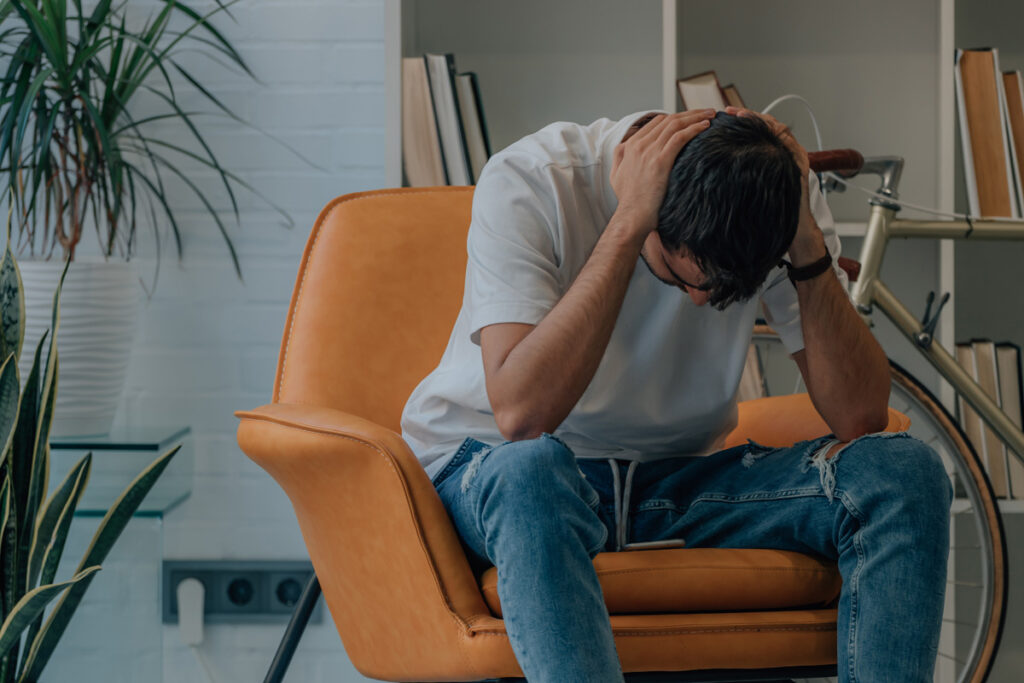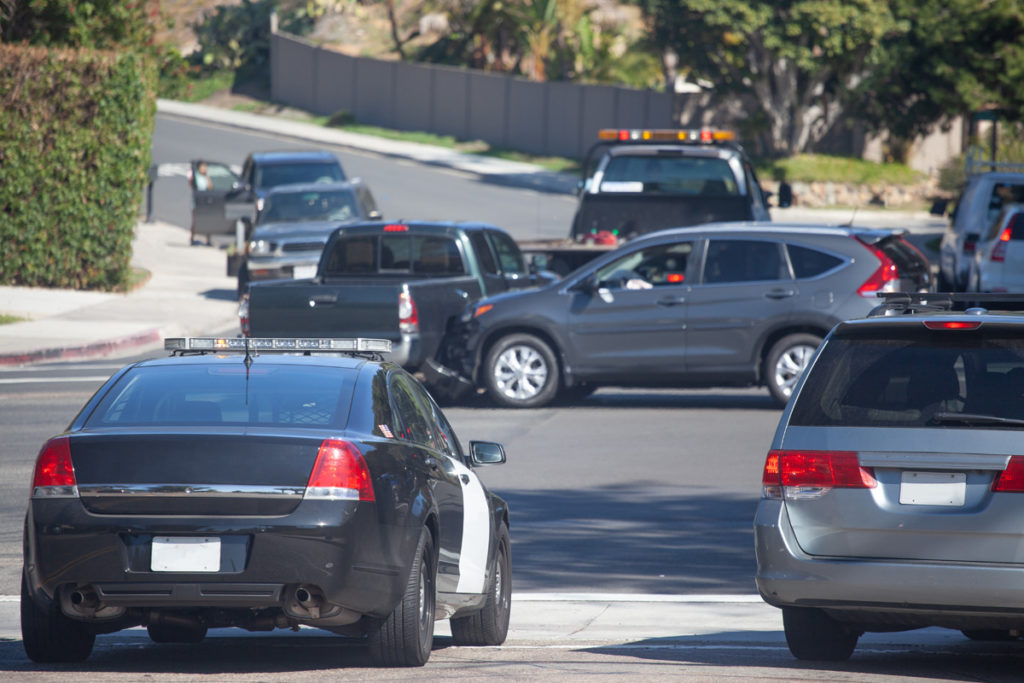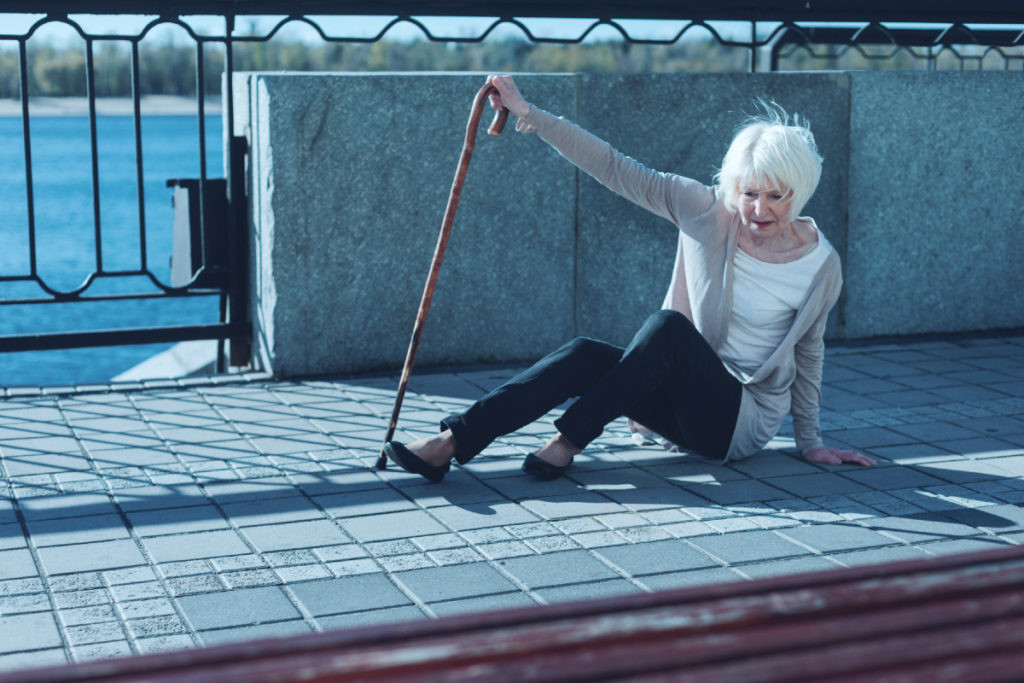How Is Compensation Determined in a Car Accident Claim?

Imagine you are driving home after a long day, and suddenly, through no fault of your own, you’re involved in a car accident. The aftermath is painful, not just physically but emotionally as well. Now, you’re faced with medical bills, potential loss of income, and the stress of handling insurance claims. The process of determining […]
Understanding Survival Actions vs. Wrongful Death Claims in Texas

When tragedy strikes due to someone else’s negligence, Texas law provides families with avenues for justice and compensation. Wrongful death claims and survival actions each offer distinct paths to address the profound loss and emotional suffering experienced. Families facing such losses grapple with both immediate and long-term consequences. Whether it’s pursuing damages for the suffering […]
What Are Mental Anguish Damages Under Texas Law?

Experiencing a traumatic event that leaves you emotionally scarred highlights the importance of acknowledging mental anguish. When this distress results from a personal injury due to someone else’s negligence, calculating the scope and impact of mental anguish is critical in a personal injury claim. However, securing compensation for mental anguish damages in Texas presents a […]
How Does Medicare Affect My Personal Injury Claim?

Victims of personal injuries often face a series of questions and uncertainties, especially when they are Medicare beneficiaries. “Will Medicare cover my initial medical bills?” “How does Medicare’s recovery claim impact my personal injury compensation?” These inquiries have become particularly pressing for millions of Americans dependent on Medicare. The interaction between Medicare and personal injury […]
7 Examples of Evidence You Need in a Successful Premises Liability Claim in Texas

Suffering an injury on someone else’s property in Texas may lead to a challenging period filled with medical treatments, substantial bills, and enduring painful injuries, all while trying to recover and get back on your feet. The aftermath of such incidents, whether from a slip-and-fall, a dog attack, or any hazardous condition left unattended, imposes […]
Navigating Personal Injury Claims for Playground Accidents in Texas

Playgrounds are envisioned as vibrant spaces where children’s laughter fills the air, and adventure awaits at every turn. Yet, beneath this idyllic surface, a less pleasant reality often lurks. Each year in Texas, a startling number of children are injured on playgrounds, with incidents ranging from minor scrapes to severe, sometimes life-altering injuries. These statistics […]
6 Ways a Car Accident Can Impact Your Career

Car collisions can be very traumatic and damaging experiences. The injuries endured in a motor vehicle collision go far beyond physical ailments and affect various aspects of life. One of the primary ways a car accident affects the injured individual is by limiting their ability to return to work and continue their responsibilities and goals […]
What to Do If You’re the Victim of a Staged Car Accident in Texas

Billions of dollars are spent every year on the totality of auto insurance accident claims. Many criminals use staged car accidents to defraud insurance companies and collect benefits and payouts. Unfortunately, this is very damaging and harmful to the innocent drivers subjected to a fraudulent car accident production. If you have been the victim of […]
Who is Liable for a Sidewalk Slip and Fall in Texas?

According to the National Floor Safety Institute, 55% of all slip-and-fall accidents are caused by hazardous walking surfaces. Property owners in Texas are responsible for keeping their land, homes, stores, restaurants, and other properties reasonably safe for guests, tenants, and visitors to use. Can they be held liable for a sidewalk slip-and-fall accident? Falls on […]
Who’s At-Fault if I Swerve to Avoid a Car Accident but Hit Another Vehicle

Common driving scenarios may force you to make a sudden decision, resulting in a collision with another vehicle. For example, whether a car pulls out in front of you, turns directly in front of you, or swerves into your lane, these actions may cause you to make decisions that will cause damage to another vehicle. […]
